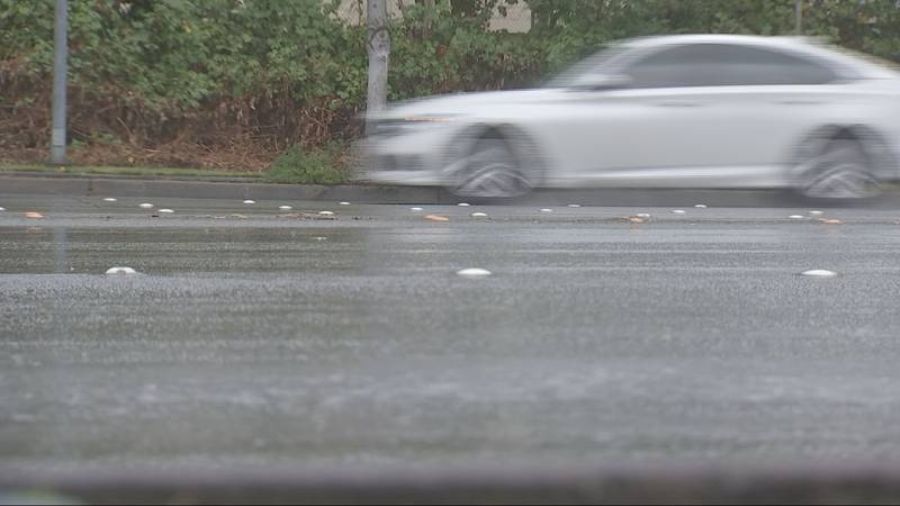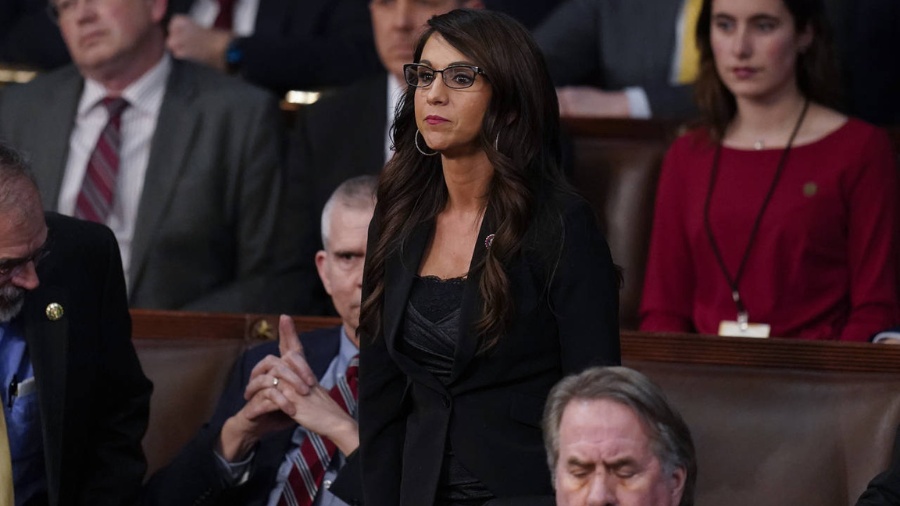Seattle restaurant describes struggles losing money to food delivery apps during pandemic
Jul 18, 2020, 7:25 AM

Spice Waala in Capitol Hill. [Photo courtesy of Spice Waala on Facebook]
It seems that no industry has been hurt more by the recession and virus than the restaurant industry. Dave Ross spoke with the owners of Spice Waala, an Indian street food restaurant on Capitol Hill, to hear their perspective on running a restaurant during a pandemic.
Uttam Mukherjee and his wife, Aakanksha Sinha, own the restaurant together.
Local restaurant owner unsure how anyone will stay in business if restrictions remain
The couple first started with a pop-up, sharing authentic Indian food and making people aware of the diversity and flavors of Indian cuisine. It did so well, that they ended up opening their brick and mortar restaurant in Capitol Hill in 2019.
Navigating delivery app fees
Dave initially contacted Mukherjee and Sinha to find out if small businesses are still able to make money with the delivery fees that the services like DoorDash or Uber Eats charge.
“The way that we think about it is that we have customers that come in through our door, and then we have customers who are sitting at home ordering online, but at the end of the day we have our employees in our restaurant for a certain number of hours, that if we didn’t get a delivery order, would just be sitting idle, doing nothing, and waiting for the next customer to come in through the door,” Mukherjee said.
Spice Waala signed up for Uber Eats, DoorDash, and Postmates soon after opening. Mukherjee says pre-COVID, Uber Eats took about 33% of revenue, and DoorDash and Postmates around 25%, but the City of Seattle put a 15% cap on fees during the pandemic.
“Even though you have to give that much money away to the delivery apps, you still can make a little bit of money on those orders because of the fact that your employees are just going to be wasted payroll during those hours,” he said.
Spice Waala, and many other businesses, have up-charged their prices online for delivery, so Mukherjee says it’s about 10% more expensive online than coming to the restaurant. Hopefully, that incentivizes customers to come through the doors.
“But if they can’t, then that’s … essentially a convenience fee for them to help us balance the books,” he explained.
While they’ve come to terms with the fees, Mukherjee said he is angry with the monopoly of the delivery apps, and that they own the relationship with the customer. The apps could also change the fee tomorrow and there’s nothing Mukherjee could do about it.
“So from that standpoint, I’m angry at them,” he said. “And the other thing is, if you look at the platforms of Uber, DoorDash, and Postmates, there’s no way that we can control when our listings show up and whether they favor national brands like McDonald’s and advertise them more heavily on the front page of their platforms. They can manipulate a lot without us being able to do anything, so that angers me.”
“But it is a two-way relationship where if I didn’t have them, and if we didn’t have the money coming in from them, and if the people who were ordering online decided to just not order at all, I would not be making that much more revenue, right?” he added.
When the 15% cap was imposed, Spice Waala was concerned delivery apps might decide to pull out of the Seattle market entirely, which Mukharjee says would be more harmful than having them at 30%.
The future of the restaurant business
Knowing what they know now, Dave asked if they would still choose to jump into the restaurant business.
“I don’t know if it was wise or not, but I think we wouldn’t have done it any other way,” Sinha said. “Just knowing how we’re approaching the restaurant — we approach it from a business point of view, so Uttum has a business background and I am a social worker by profession. So we really bring in our values, and I think that’s really helped us look at the restaurant industry slightly differently than I think very typical businesses.”
“In the restaurant industry, the second someone puts something that you’ve made into their mouth and tastes the flavors and it changes their day, there’s so much satisfaction from that, and it’s a privilege for us to be able to feed customers,” Mukherjee added. “So that’s the first thing. I think the second thing is when we write paychecks every two weeks, the impact that we can have on people’s lives directly by paying them a living wage, by paying them quarterly bonuses, by paying their health care like that feels really good.”
Spice Waala has also been able to give free meals to the community.
“[The] impact of all of those things combined, I don’t think we would change it for anything,” Mukharjee said.
Free meals for those in need
Sinha’s area of research and work is food justice, and she’s a professor at Seattle University, in addition to working at Spice Waala. While food issues have been a problem across the country long before COVID-19, the pandemic has only made it worse.
“We’ve been partnering with nonprofits since the day we started at the South Lake Union Market,” Sinha said. “We have the community lunch program, which is down in Capitol Hill as well. We provide 50 meals to them every week. And then within our restaurant, we’re able to provide 50 meals. So every week, we are giving out 100 meals.”
“No questions asked,” Mukharjee said.
Dave noted that it sounds like they have a wonderful attitude about running their business and doing so many things at once, even during a pandemic.
“I mean, there’s no other option, though, right?” Mukharjee posited. “It’s not like anyone could have predicted the pandemic. It’s not like anyone could have predicted what the business would have looked like three months ago, six months from now, no one can predict anything. So the attitude that we’ve just taken is let’s just do our best every single day, every single week to make sure that the business stays afloat, that we can have the impact that we can. And the rest, that’s not in our control, there’s just nothing we can do about it. We’ll just take it in our stride and keep going.”
To hear the full conversation between Dave Ross, Aakanksha Sinha, and Uttam Mukherjee, tune in to the Ross Files podcast, available online here.
Listen to Seattle’s Morning News weekday mornings from 5 – 9 a.m. on KIRO Radio, 97.3 FM. Subscribe to the podcast here.














